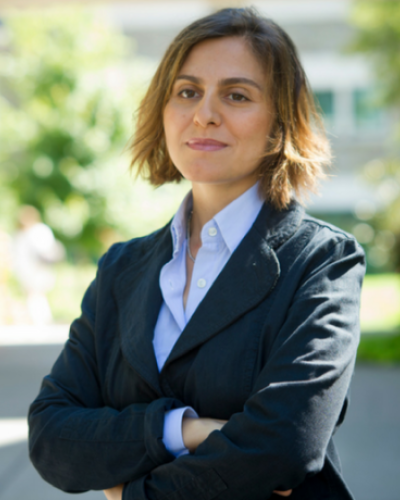Crime and violence in Latin American and Caribbean countries costs over $260 billion each year. Latin America spends 3.6 percent of its gross domestic product on crime-related costs. The largest share of these costs are related to the homicide rates which can be largely attributed to organized youth crime. Professor Eleonora Patacchini worked with Carlos Díaz, Assistant Professor of Economics at The Catholic University of Uruguay, to investigate how having a “crime-fighting policy” could target organized youth crime in this part of the world.
Children, teenagers, and young adults turn to criminal organizations such as drug cartels, neo-parliamentary groups, and street gangs since they offer profitable opportunities and may provide a sense of community and belonging. Patachchini and Díaz theorize “experienced criminal leaders transmit criminal best practices and act as mentors to younger offenders.” The two key components of this theory are the criminal’s closeness to the leader, lending to the ability to obtain better criminal training, and the willingness of young criminals to conform to the leader’s felonious behavior.
Patacchini and Díaz state that “Given these two assumptions, our framework predicts that the social distance between a youngster and an experienced criminal leader affects both the former’s decision to become a criminal as well as the number of crimes she commits.” Patacchini and Díaz find that young people who are further away from a criminal leader not only have a lower chance of becoming criminals, but also commit fewer crimes.
In a simulation of a crime-fighting policy which removed all criminal leaders from every high school, it was determined that crime was reduced by 20 percent and that the individual likelihood of becoming a criminal reduced by about 10 percent. Patacchini and Díaz go on to state that “In light of the prominence of organized youth crime in Latin America and the Caribbean, our study suggests that interventions targeting experienced criminal leaders could have sizable effects on aggregate crime and violence in the region.”
Eleonora Patacchini is a Professor in the Cornell's Department of Economics and is currently teaching ECON 4903 Quantitative Analysis of Economic Data and ECON 7260 Econometrics of Network Analysis. She is also a Research Fellow or Associate at the Einaudi Institute for Economics and Finance, Kiel Institute for the World Economy, IZA Institute for the Study of Labor, Centre for Labor and Economic Growth, and Luiss Lab of European Economics. Her recent research focuses on the empirical analysis of behavioral models of strategic interactions for decision making. Patacchini's work has been profiled in Bloomberg, PBS Newshour, The Independent, The Economist, and The New York Times.
To learn more about Professor Eleonora Patacchini, click here.





